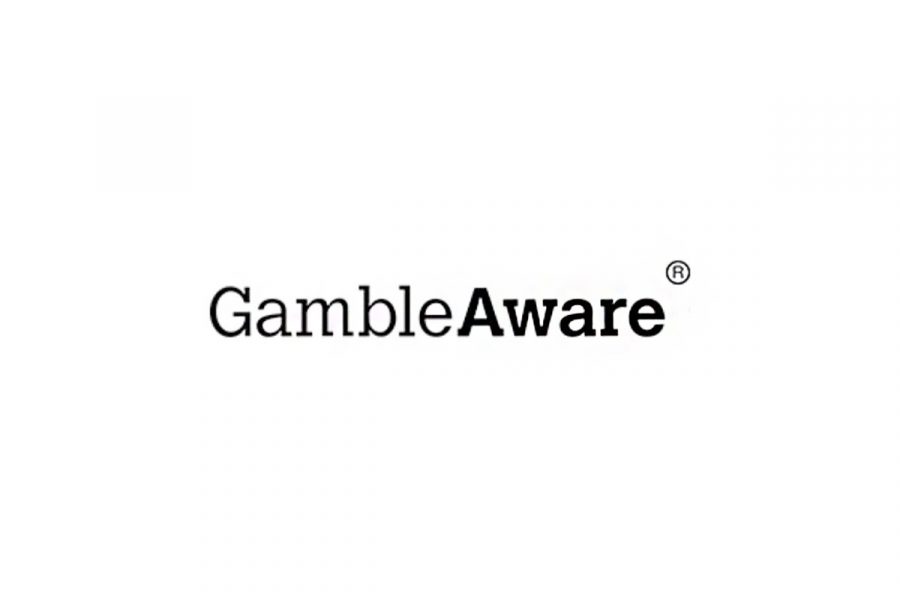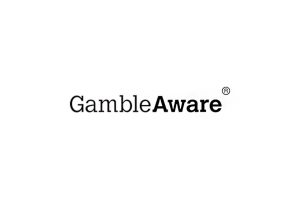GambleAware proposes new health warnings for gambling products

A new report also highlighted cases of operators misusing the GambleAware logo.
UK.- A report commissioned by the industry-backed grant-making body GambleAware has proposed new health warnings on gambling risks. Conducted by Bristol University, the study investigated operators’ use of the “Take Time To Think” slogan and questioned its effectiveness.
The survey of over 7,000 people found that the existing message failed to raise awareness of the risk of gambling harm or to help people find support. The researchers recommend replacing the message with three new health warnings, which the survey found to be clearer and more memorable: “Gambling can be addictive”, “Gambling comes at a cost” and “Gambling can grip anyone”.
Some 46 per cent of respondents said the first proposed new message would have more impact than “Take Time To Think” while 45 per cent said the existing slogan would have more impact. The report also suggested that the inclusion of a separate GambleAware health warning at the end of a 30-second gambling advert is more than twice as effective at showing people where to get support.
Misuse of GambleAware logo
GambleAware said the report will be used to inform new guidelines for operators, with more research to be conducted. The charity also noted that it had observed cases of its logo being misused by operators.
Chief communications officer Alexia Clifford said: “Gambling harms are a serious public health issue. It is vital that people are aware of the risks associated. Today’s landmark study underscores the need to replace the industry-led slogan ‘Take Time To Think’ with more compelling health warnings.
“We’re also concerned about operators’ misuse of the GambleAware logo and the lack of clear signposting to support channels. We urge industry to take heed of the growing body of evidence highlighting the need for better safeguards and restrictions.”
The study’s co-author Dr Raffaello Rossi, a lecturer in marketing at Bristol University, said: “In the absence of strict gambling marketing restrictions, it is absolutely vital that we see warnings on gambling advertising that highlight the addictive nature of gambling, paired with clear, unambiguous signposting for people to access support if needed. We need to see better regulation of gambling operators who are widely bombarding us with their ads.”










